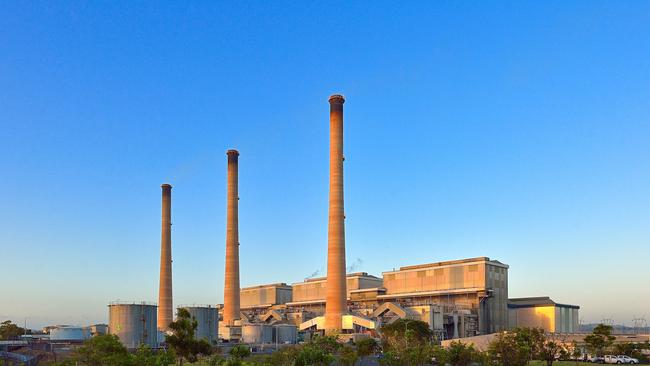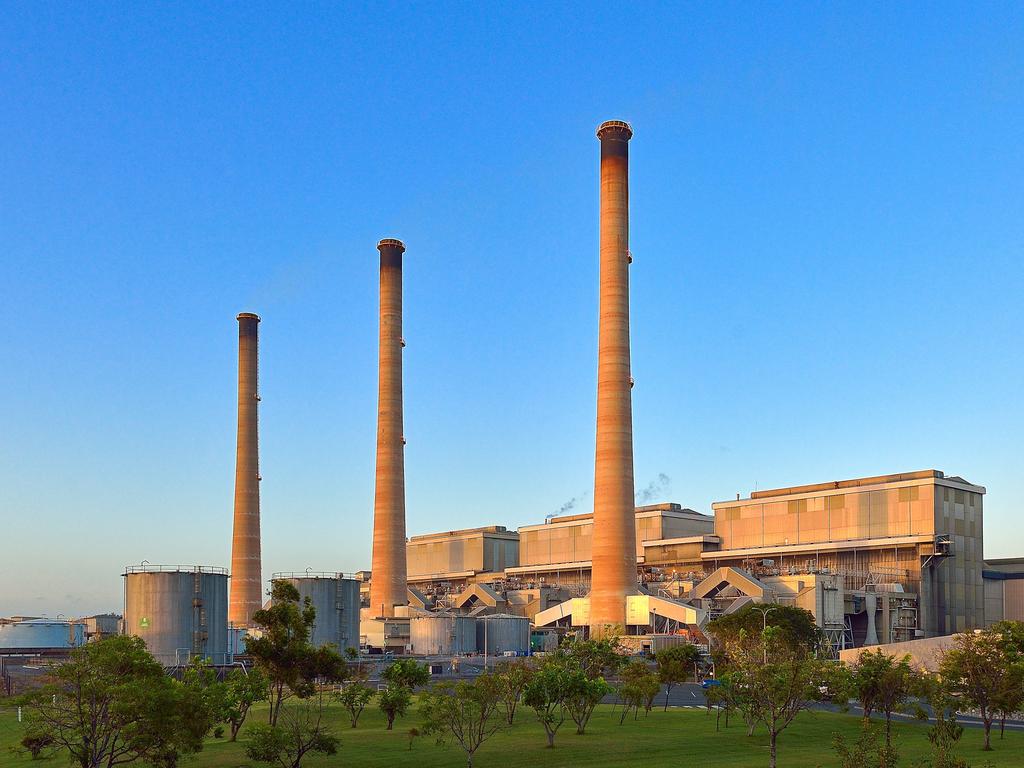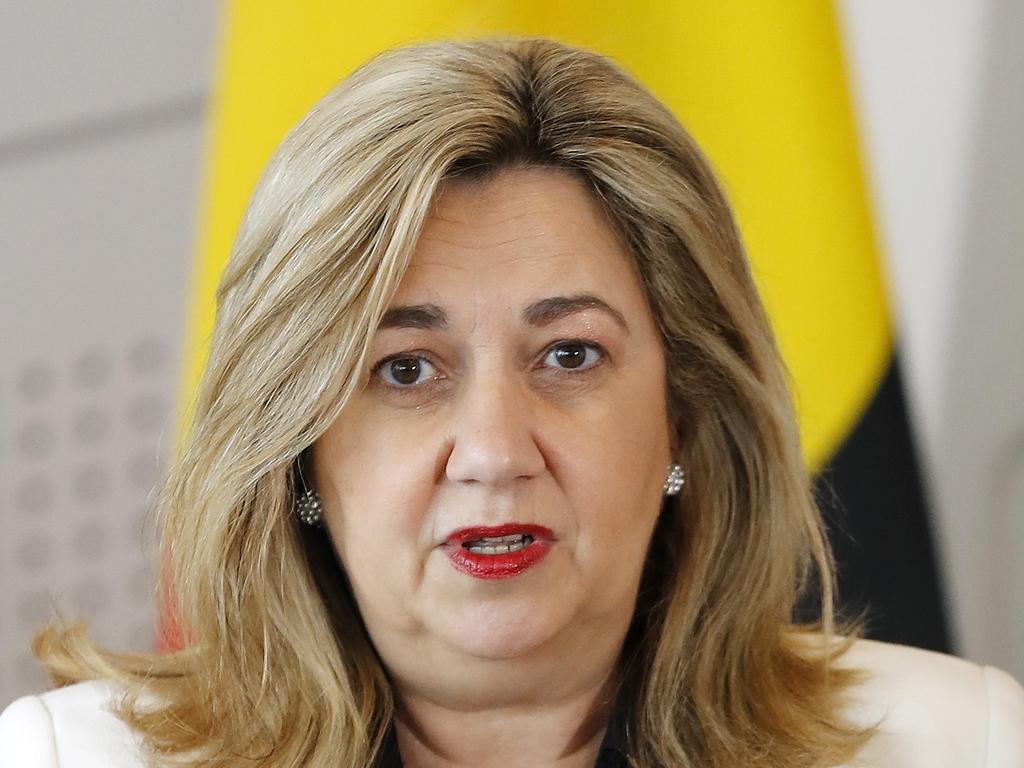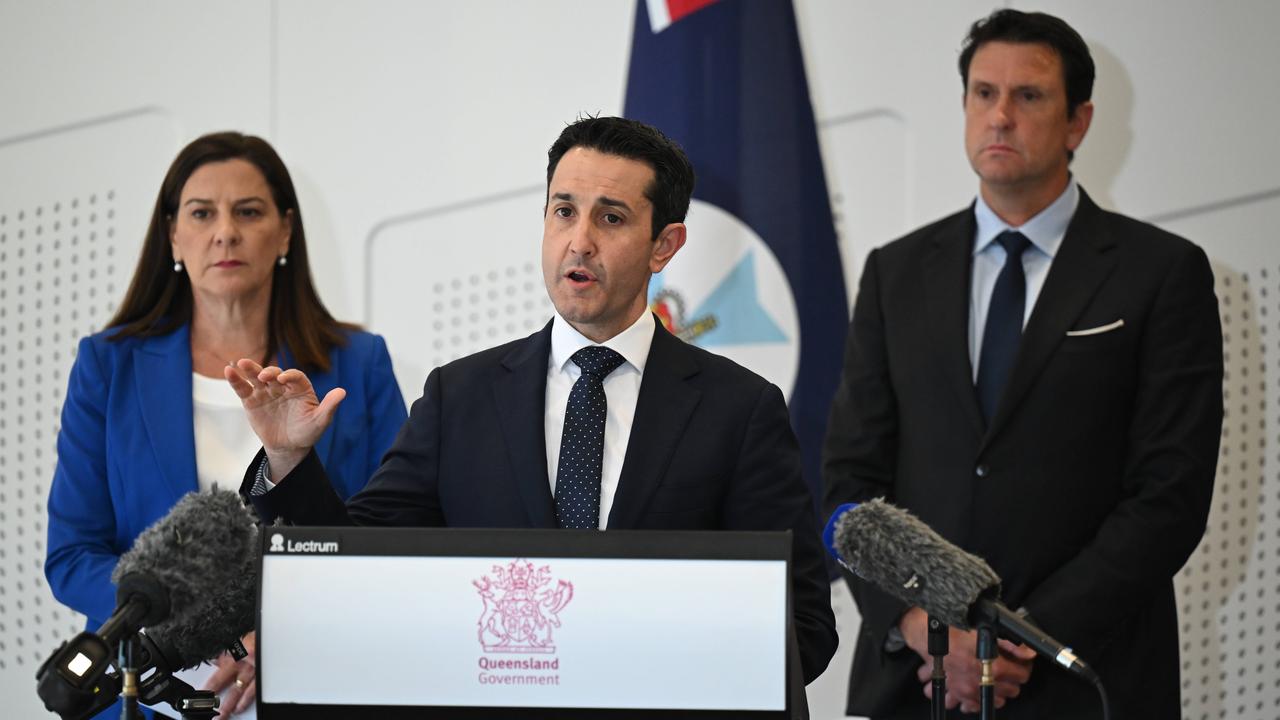Federal budget 2023: Taxpayer-funded coal compo deal kept secret
Details of a taxpayer-funded compensation deal for coal-fired energy stations are being kept secret and were excluded from Tuesday’s budget due to ‘commercial sensitivities’.

Details of a taxpayer-funded compensation deal for coal-fired energy stations were excluded from Tuesday’s budget because of “commercial sensitivities”.
Under the deal, coal companies are being reimbursed for revenue losses incurred during the commonwealth’s year-long domestic coal price cap.
Designed to shield consumers from rising power prices, the market intervention capped the price of coal used for electricity at $125 a tonne and hoped to save households about $230 on their power bills.
Rio Tinto’s Gladstone Power Station in central Queensland and NSW generators with coal supply contracts above the $125 a tonne price cap, are being reimbursed the difference.
Federal bureaucrats have estimated the total compensation bill would reach between $1.5bn and $2bn, split 50-50 between the federal and state governments.
The budget papers excluded any details of the deal, citing “commercial sensitivities”.
Greens MP Max Chandler-Mather said he was deeply concerned public money was “being stashed away under the guise of commercial-in-confidence”.
“The public deserves to know how much public money is being handed over to coal corporations, and the government needs to come clean,” he said.
Independent senator David Pocock, whose vote was crucial to pass Anthony Albanese’s energy plan, agreed that taxpayers deserved to know how their money was being spent.
“Details were not in the budget papers, and unless there are exceptional circumstances, Australians should be told how public money is spent,” he said.
“I’m hopeful we will be able to learn more through … budget estimates.”
Coalition MPs have also attacked the amount of public funding being spent on compensation of coal generators.
Liberal MP Garth Hamilton, deputy chair of the economics committee, said the coal price caps “just shuffle (costs) from consumers to taxpayers”.
“Labor shouldn’t have tried to hide these costs from taxpayers,” he said. “It’s taxpayers money and they should know if it’s being secretly used to cover Labor’s tracks.”
The energy market intervention was triggered by rising electricity prices, which were forecast in the October budget to increase by about 20 per cent over 2022-23 followed by a further 36 per cent rise in 2023-24.
The budget estimated retail electricity would lift by 10 per cent in 2023-24, a drop of 26 per cent forecast before the intervention.








To join the conversation, please log in. Don't have an account? Register
Join the conversation, you are commenting as Logout